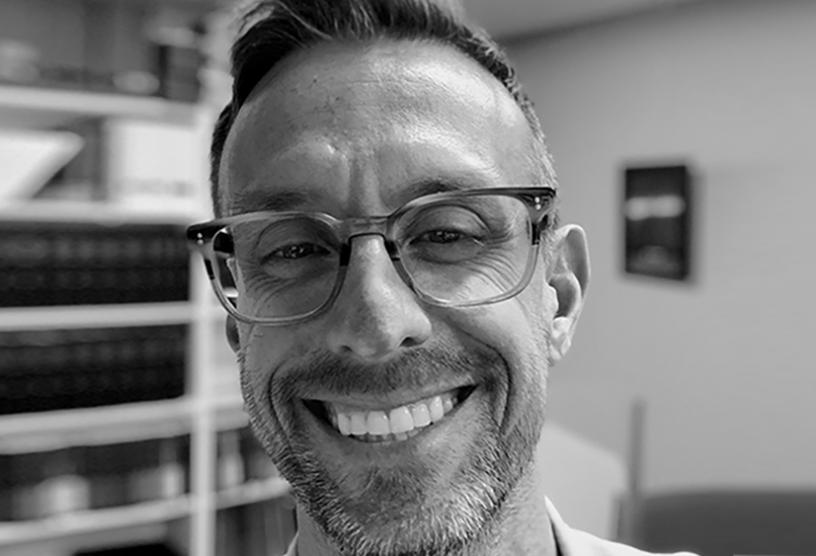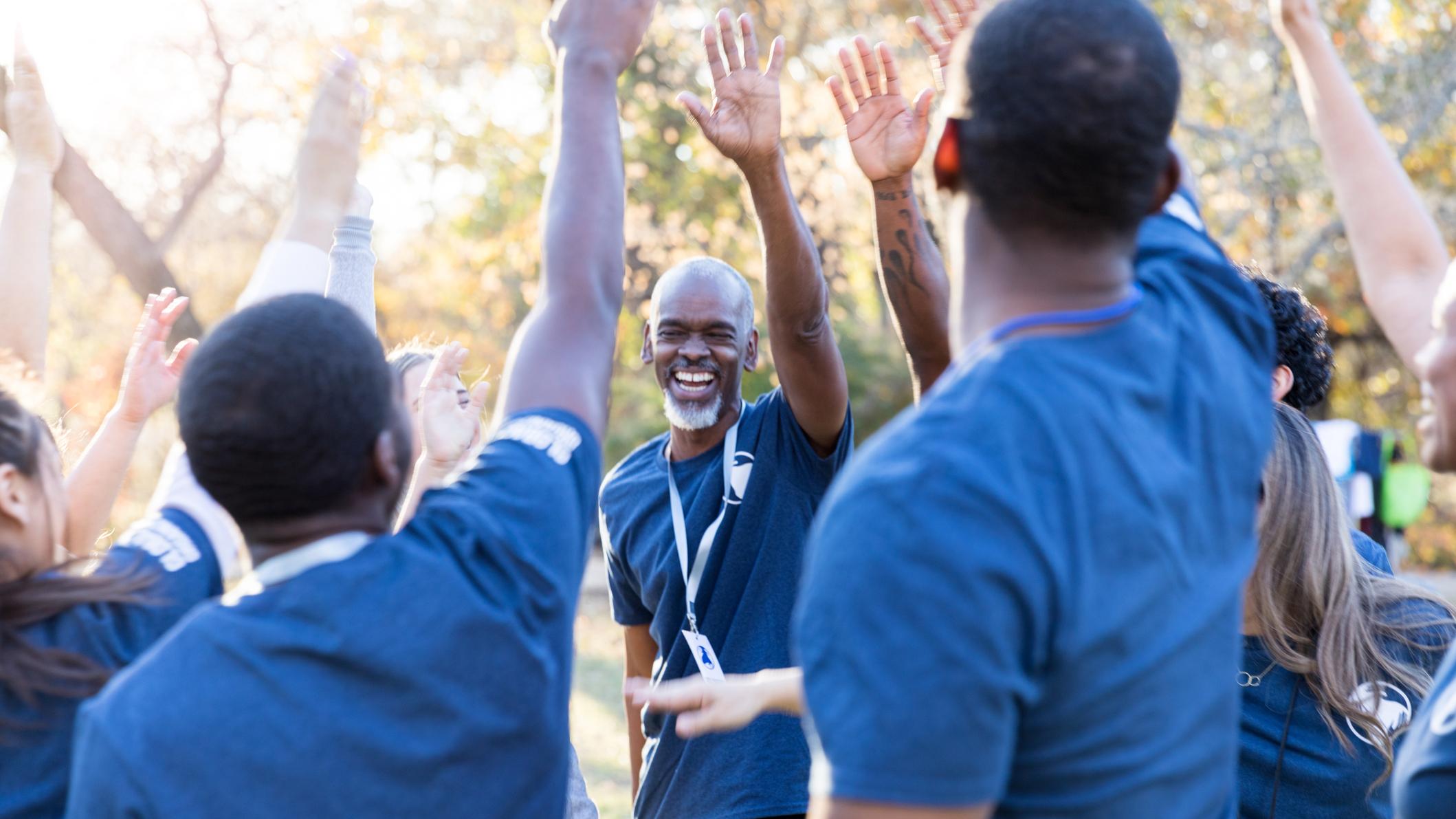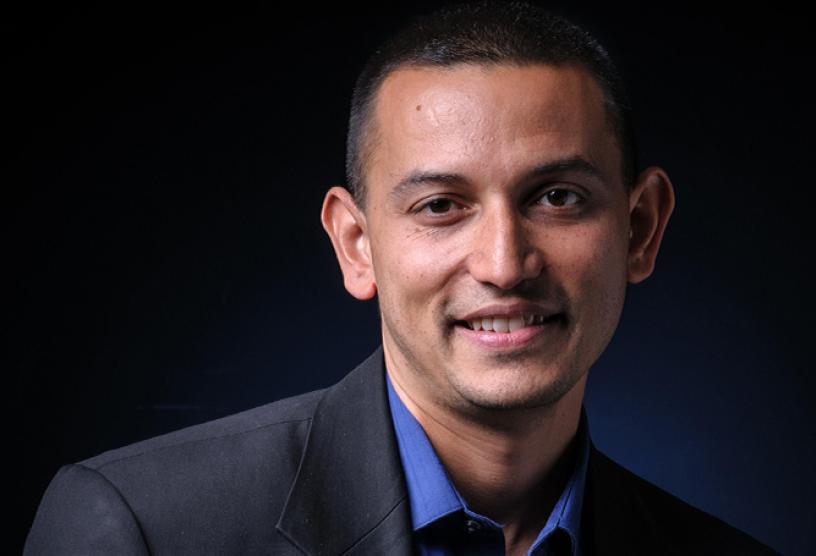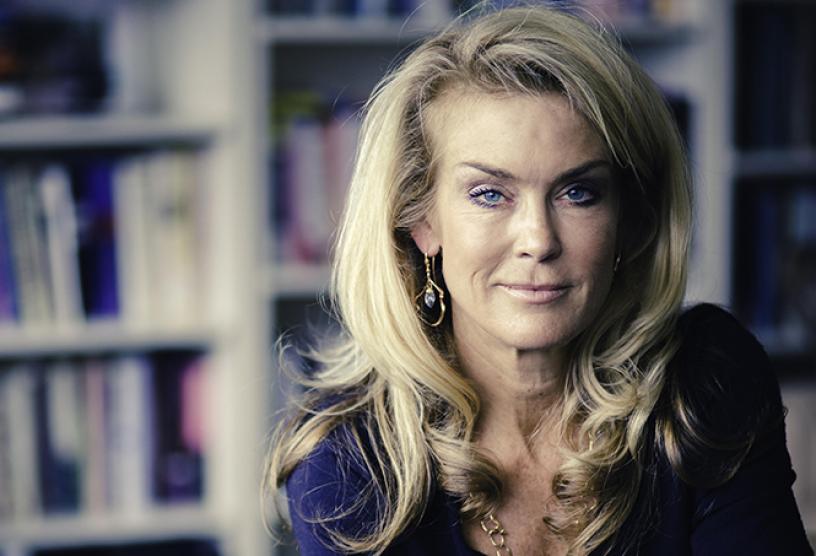
Spirituality in Civic Engagement and Philanthropic Action

“Spirituality” has become a new lingua franca in the study of religion, yet much remains unknown about its contours, social correlates, and impacts. Existing studies of spirituality mainly examine its impact on mental and physical health. We know that organized religion influences civic and philanthropic outcomes in many significant ways. Can the same be said for the influence of spirituality?
The Fetzer Institute has fielded one of the first high-quality national surveys on spirituality. It contains detailed questions on both spirituality and civic and philanthropic measures. We used data from this survey to write two working papers on the relationship between spirituality and civic life.
Our first paper, “The Discursive and Practical Influence of Spirituality on Civic Engagement,” begins by recognizing that religion has long been seen as promoting civic engagement. Recent declines in religious participation and affiliation and growing interest in spirituality raise the question of whether spirituality also promotes civic engagement. Using data from Fetzer’s new survey, we assess the independent and joint influence of spirituality and religion on civic life. We also distinguish between influence that respondents explicitly perceive (discursive influence) and influence that we can discern in our analytic models (practical influence). We find evidence that spirituality—working at both the discursive and practical levels—is a widespread and influential factor in civic engagement. It typically works in tandem with religion, but when spirituality and religion are distinct, spirituality’s influence is more impactful according to a number of measures. We conclude that spirituality is both a conscious influence and tacit resource in civic life. Our findings indicate that understanding spirituality is important for understanding civic engagement, and they raise a number of questions for future study about how spirituality’s influence works and the types of spirituality and spiritual practice that may be most closely linked to civic participation.
Our second paper, “The Multidimensional Impact of Religion and Spirituality on Giving and Volunteering,” looks more specifically at philanthropy and incorporates measures of spiritual practice. Using multidimensional measures of spirituality, religion, and philanthropic behavior, we examine common predictors of both giving and volunteering. We find that while religious affiliation positively influences prosocial behavior, there are few significant differences among religious groups. Some of the survey’s novel measures of religion and spirituality, such as measures of belonging and salience, help account for the generally higher levels of prosocial behavior among the religiously affiliated. We assess the impact of religious/spiritual behavior with seven diverse spiritual practices: religious attendance, small group participation, the study of religious texts, prayer, yoga, meditation, and spending time in nature. We find that all seven matter independently, and that yoga and small group participation matter more in full models than worship attendance, which is the typical measure of religious behavior used in studies of philanthropy. Our results suggest that spirituality, in addition to religion, warrants further conceptual and empirical examination for its connections to giving, volunteering, and prosocial behavior more broadly.
Taken together, our research findings indicate that while religiosity remains significant as a leading predictor for giving, volunteering, and civic engagement, spirituality may be just as significant. Spiritual salience, connection to a spiritual community, and a broad set of spiritual practices show evidence of positive influence. In light of changes in the religious landscape and increasing levels of spiritual engagement, greater attention to spirituality is important for future studies of civic life.
Brian Steensland, PhD is Professor and Chair of Sociology at Indiana University-Purdue University Indianapolis and Director of the Consortium for the Study of Religion, Ethics, and Society.
David King, PhD is the Karen Lake Buttrey Director of the Lake Institute on Faith and Giving as well as Assistant Professor of Philanthropic Studies within the Indiana University Lilly Family School of Philanthropy.

